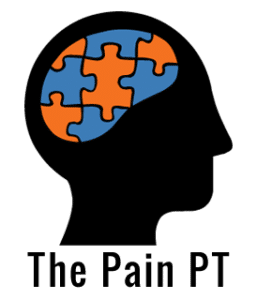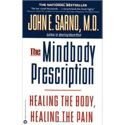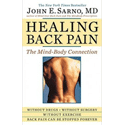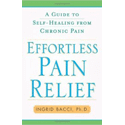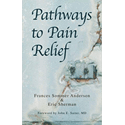20 year study shows how anger can cause health symptoms
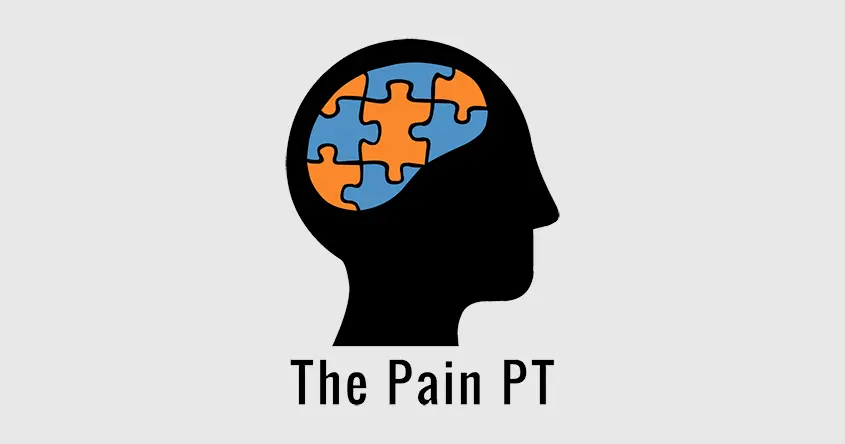
In this study the authors were looking at whether chronic anger expression or what’s called stonewalling predicted cardiovascular or musculoskeletal complaints in married couples over a period of 20 years. Stonewalling is defined ‘as “tuning out” in response to a partner’s requests to change through criticism, concerns, and nagging.
‘Expressive behaviors associated with stonewalling include the face appearing stiff or frozen, a clenched jaw, and rigid neck muscles as well as changes in verbal expressions including monosyllabic answers or silence.’ Basically stonewalling is akin to holding in your anger or what we call suppression or repression of emotions.
On the other hand ‘Expressive behaviors associated with anger include lowered eyebrows, widened eyes, and pressed lips as well as changes in vocal expressions including sudden increases in pitch, amplitude, and tempo.’ This is akin to classically getting angry.
The authors stated: ‘results indicated that higher levels of husbands’ anger behaviors at the start of the study predicted increases in cardiovascular symptoms over time. Similarly, higher levels of husbands’ stonewalling behaviors at the start of the study predicted increases in musculoskeletal symptoms over time. Importantly, these findings were obtained after controlling for sociodemographic characteristics (i.e., age, education) and a number of health-related behaviors (i.e., exercise, smoking, alcohol consumption, caffeine consumption). Models revealed some support for these same associations for wives as well. Neither symptom was predicted by fear nor sadness behavior.’
This study reveals a lot of great info about anger. It proves what I see in many of my patients and what Dr. Sarno wrote about in his best selling books. That those who hold in and suppress or repress their anger are prone to muscle tension which then creates musculoskeletal pains in the body. Outwardly expressing anger like blowing up or exploding was not related to musculoskeletal pains but was related to heart issues. It shows us that either extreme in how we deal with our anger has the potential to affect the body healthwise.
